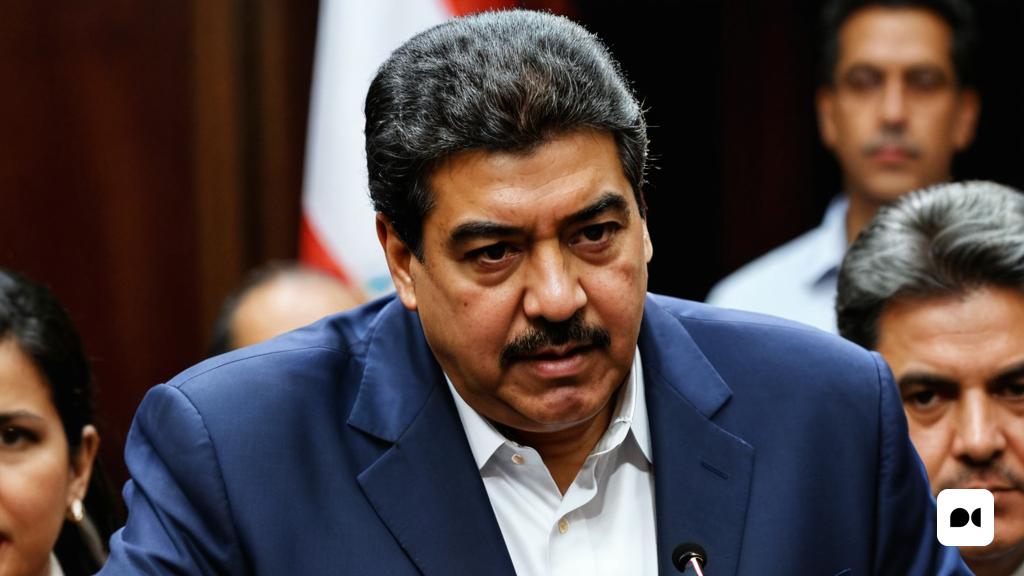Maduro’s response to global concerns
In a gesture that reflects the impact of the international community, Nicolás Maduro, president of Venezuela, has recognized the need to review the results of the recently controversial elections, despite not specifying deadlines. In his appearance before the media, he took the opportunity to criticize the systemic opposition that questions his legitimacy.
Challenge to the opposition and electoral transparency
After the National Electoral Council (CNE) proclaimed Maduro as the winner, several opposition sectors have expressed doubts about the veracity of the count. Demanding access to electoral documents, the claim has transcended Venezuelan borders, with several voices of American leaders joining these requests.
Allegations of technological manipulation
In an attempt to justify the lack of publication of the electoral acts, Maduro’s executive has pointed to an alleged ‘hacking’ of the CNE system. In this recent press conference, the Chavista leader displayed a bible and the Venezuelan Constitution, promising transparency while accusing the opposition of encouraging violence.
Diluting alliances: the case of the Latin American left
As the conflict unfolds, Maduro’s connection to traditional allies weakens. Although nations such as Cuba showed immediate support for the results, many other leftist governments have signaled their caution. Gabriel Boric, president of Chile, has positioned himself as one of the most critical, objecting to the legitimacy of the electoral process.
Silence and neutrality: the position of the neighbors
Other regional leaders, such as Gustavo Petro of Colombia, have opted for neutrality, striking a long silence before urging calm and offering mediation. On the other hand, Lula da Silva, president of Brazil, has adopted a similar approach, prioritizing peace and political stabilization, but without committing to publicly defend the cause of Chavismo.
Differences in international voting
In a recent session of the Permanent Council of the Organization of American States (OAS), the division between states was evident. While twelve countries abstained, the majority chose to require the publication of the minutes. This dynamic reveals the tensions that persist within the regional bloc, with many countries refusing to take a clear position in favor of Maduro.
Reflections on the future of Chavismo
Maduro’s current situation in this international context is increasingly complex. The Venezuelan political ecosystem faces significant challenges not only to its internal governance, but also to growing isolation at the continental level. The decisions and alignments that will be made in the coming days will be crucial in determining the future course of Chavismo in Venezuela.

